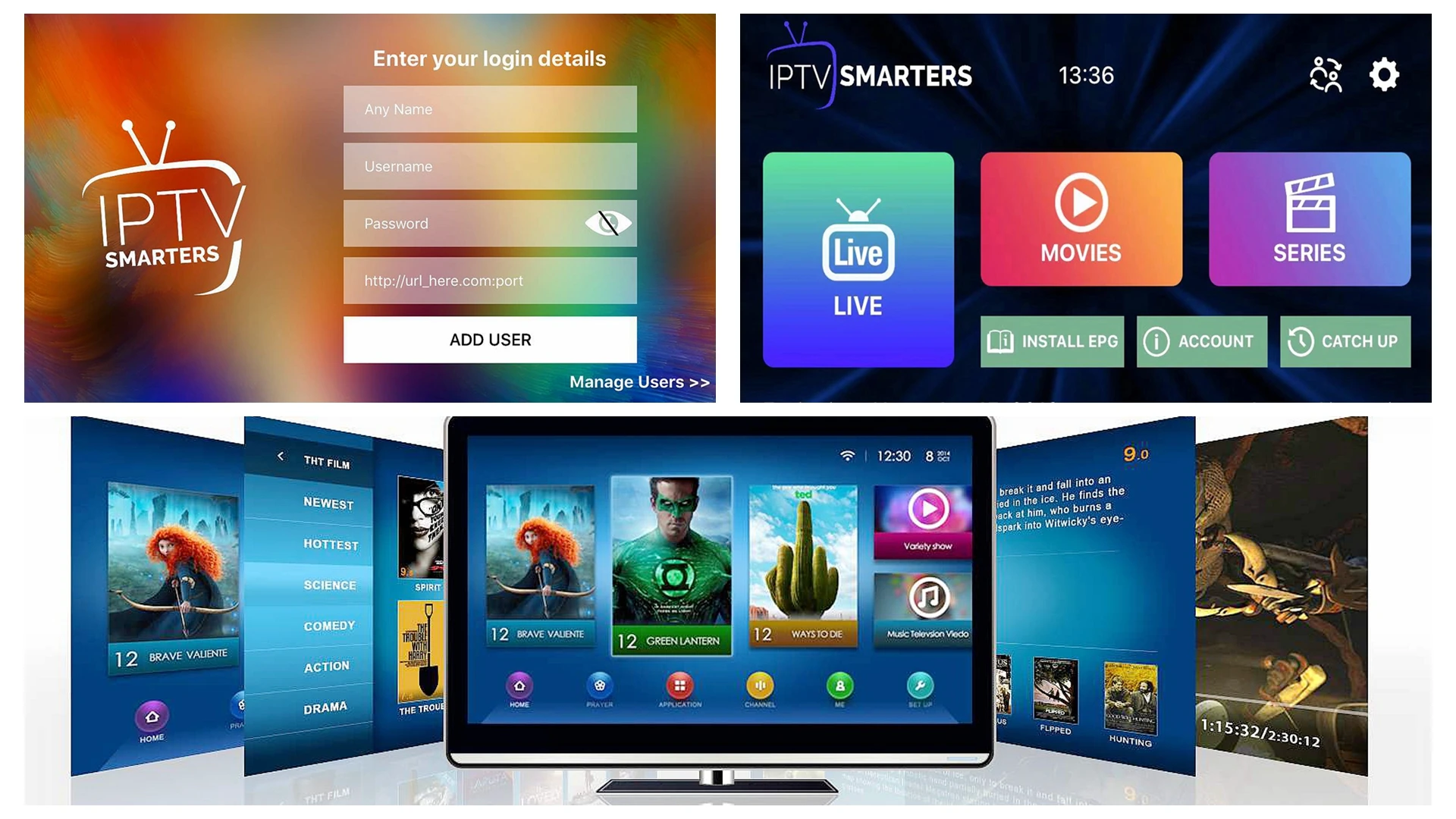In recent years, IPTV has emerged an appealing option for people looking for a substitute for classic cable and satellite television. This modern solution lets users to access content over the internet, bringing a wealth of viewing options instantly on their screens. As the audience steadily demand freedom and on-demand access to their favorite shows and channels, comprehending how IPTV works is becoming crucial.
Essentially, IPTV represents Internet Protocol Television. It provides television programming and other video content using internet protocols in place of traditional broadcast methods. This means that instead of utilizing cable wires or satellite signals, users can enjoy their favorite programs through a stable internet connection. Whether you would like to catch live sports, binge-watch the latest series, or explore a library of on-demand movies, IPTV is crafted to meet your viewing preferences with ease.
What is Internet Protocol Television?
IPTV, or Internet Protocol Television, is a system that allows users to access TV programs over the web rather than through traditional satellite or cable services connections. This means that instead of receiving broadcasts through satellite dishes or cables, viewers can access their preferred programs and networks via high-speed internet. IPTV utilizes data packets and can serve both live TV and on-demand shows.
One of the main benefits of this system is its flexibility. Users can watch content at any time, from anywhere, as long as they have an online connection. This gives viewers the ability to choose from a wide array of options, including live TV, shows, films, and even special events. These services often come with features like stopping, rewind, and record, enhancing the overall experience.
This technology operates by converting media into digital packets and transmitting them through the web. This process allows for efficient transmission and reduces the need for tangible media. The technology also allows users to subscribe to various plans, allowing for customized choices based on personal preferences. Thus, this system represents a major change in how we watch TV and entertainment content now.
How Does IPTV Work?
IPTV works by transmitting television content via the internet instead of using traditional satellite or cable formats. This technology utilizes broadband or high-speed internet connections to stream video content directly to your device. By employing protocols like Internet Protocol (IP), IPTV transmits data packets that contain video and audio information, allowing viewers to watch their preferred shows, movies, and live broadcasts seamlessly.
The process starts when a user subscribes to an IPTV service. Users generally receive a set-top box or can utilize compatible devices, like smart TVs or streaming devices, to connect to the IPTV platform. Once linked to the internet, users can explore a range of channels and on-demand content. When a viewer chooses content to watch, the IPTV server sends the data via the internet, which is then interpreted and displayed on the user's screen in real time.

One of the significant advantages of IPTV is its capability to provide interactive features, such as video on demand, catch-up TV, and even live streaming of events. Unlike conventional cable, which frequently requires set schedules, IPTV allows users to watch content at their convenience, enhancing the viewing experience. iptv-pro.co , combined with a wider selection of channels and programs, is driving the popularity of IPTV among consumers worldwide.
Benefits of Using IPTV
One of the benefits of IPTV is the versatility in watching options. Users can watch their favorite shows and movies on a variety of devices, including smart TVs, tablets, smartphones, and computers. This ease of access allows for a seamless viewing experience, enabling individuals to watch content no matter where they are, be it at home or on the go. With IPTV, users have the freedom to choose the device they prefer, making it a versatile option for entertainment.
Additionally, advantage of IPTV is the wide selection of content it provides. Numerous IPTV providers offer access to numerous channels and on-demand content, including live sports and news to classic films and series. This extensive library ensures that users can discover something that suits their tastes whenever they want. Moreover, various services allow for personalization, letting users to select specific channels and packages that appeal to them, further enhances the viewing experience.
Affordability is also a significant advantage of IPTV. Generally, IPTV services are available at a lower price point than traditional cable or satellite packages. Users can steer clear of the high costs associated with cable packages while still enjoying premium television. Many IPTV platforms also provide no-contract options, allowing viewers to pay only for what they desire without being locked into long-term commitments, making it a budget-friendly choice for savvy consumers.
